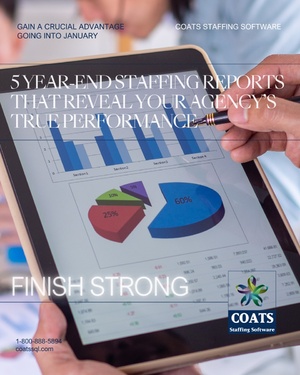EMinfo Reader: Lately, I’ve communicated with a number of job changers wanting to control their “workaholic” tendencies. Are there any antidotes that can stop or curb this tendency?
Dr. Burtnett: Individuals at every level of the workforce have been known to slip into the “workaholic” category. Some tract it to the “baby boomers” that dedicated a disproportionate level of attention to their jobs and weren’t as interested in life-work balance sought by the younger workers of today.
As I have observed this matter with counseling clients over time, I believe it is best to practice a number of both proactive and reactive behaviors that will put life and work in their desirable order. These include the following:
· Gain a comprehensive understanding of role expectations (What are you expected to do?)
· Determine priorities (What order is required?)
· Observe how peers and colleagues perform similar roles and emulate practices that maximize efficiency. (How do others do it?)
· Develop a task completion plan. (What is a reasonable time-frame for doing the work?)
· Develop a personal style or modus operandi that ensures efficiency in the completion of the work responsibilities.
(How will you approach and do the work?)
· Work in concert with others in task fulfillment when appropriate (How will the workplace team function?)
· Practice the art of “intelligent neglect.” (What may be delayed or not needed at all?)
· Monitor task completion and time expended. (How will you evaluate your performance?)
· Disengage from work regularly through the performance of non-work activities and projects
(i.e., personal, cultural, social, and recreational, etc.). (How will you achieve life-work balance?)
· Take corrective action when called for. (What new behaviors will you need to learn?)
· Engage in practices that promote and result in growth, development, and mobility. (How will you ensure your personal career development?)
The above list should put work in perspective and satisfy any performance and productivity expectations set by the employer. If they don’t, seeking an alternative position may be the best solution.
Unattended workaholism can be problematic for both the individual and the employer. A number of recent studies have found that people who work extended periods of time (i.e., 50 hours per week or more) were prone to experience both physical and mental health consequences. Employers, on the other hand, need to realize that creativity, productivity, and efficiency are jeopardized when their employees don’t function capably and include non-work balance in their lives.
Life-work balance will pay significant dividends for both.





